Forum
The Tech Forum: Empowering Film Production and Development with Digital High-Tech Innovations, hosted by the BJIFF Organizing Committee and organized by the Institute of Film, Television and Theatre, Peking University, was successfully held on the afternoon of April 24 at Langyuan Station.
Bi Jiang, representative of the BJIFF Organizing Committee and member of the Executive Committee of the Beijing Radio & Television Station, and Zhang Xiaomei, member of the Standing Committee and Head of the Publicity Department of the CPC Yongchuan District Committee in Chongqing, attended and addressed the forum. Panelists of the forum included Yin Hong, Vice Chairman of China Film Association and professor at the School of Journalism and Communication, Tsinghua University, Huang Tiejun, professor at the School of Computer Science, Peking University and Dean of the Beijing Academy of Artificial Intelligence, Wang Hongwei, Chairman of the Sci-fi Film Committee, China Film Association, Vice President of China Film Directors’ Guild and associate professor of the Directing Department, Beijing Film Academy, Ma Ping, Head of AI Research Institute of China Film Association and Vice Chairman of the Chinese Society of Cinematographers, Kees Van Oostrum, Dutch cinematographer and former President of the American Society of Cinematographers, Pan Tianhong (also known as Tim), founder of Film Tornado, Tian Feng, founding president of SenseTime, Tony Reed, Chairman of China Science Fiction Industry Intellectual Property Alliance, founder of SkyMaper and director, and Xia Siyu, CEO of Dawa (Chongqing) Image Technology Co., Ltd. and Technical Director of Yongchuan Technology Studio. The forum was hosted by academic moderator Chen Xuguang, professor at the School of Arts, Peking University; director of the Institute of Film, Television and Theatre, Peking University and distinguished professor under the Cheung Kong Scholar Program, and moderator Zong Ming, TV presenter of the Beijing Radio & Television Station.
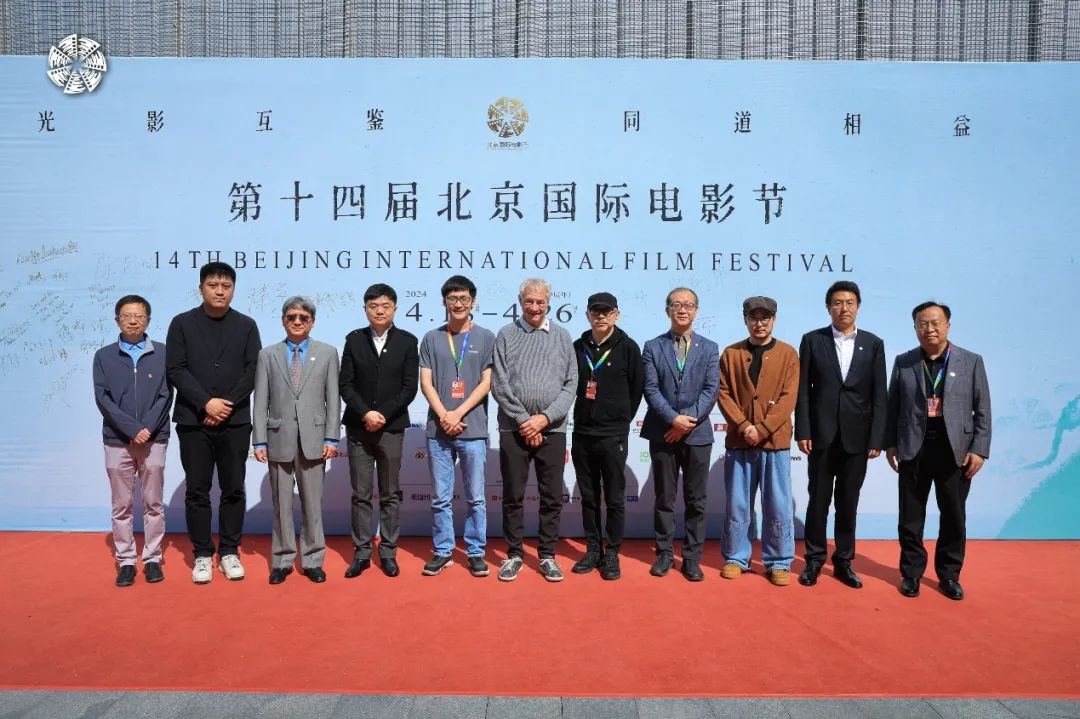
Group photo of panelists at the Tech Forum: Empowering Film Production and Development with Digital High-Tech Innovations
▌VR shooting: What are the new tools and challenges?
A majority of the panelists had an in-depth discussion about VR shooting. According to Wang Hongwei, The Wandering Earth franchises used green screening shooting rather than VR shooting. The public would assume that sci-fi films are closely tied with VR shooting. But that’s not the case. In his opinion, the current VR shooting cannot meet the precision requirements for cinematic shooting. Leveraging latecomer's advantage, China owns the most VR studios in short time. But the rapid development of AI exerts new impacts. He believed that what we should be thinking about is if more autonomous AI will be the first to replace traditional technologies, and if the “physical space plus algorithm” technology will eliminate the physical dimension altogether.
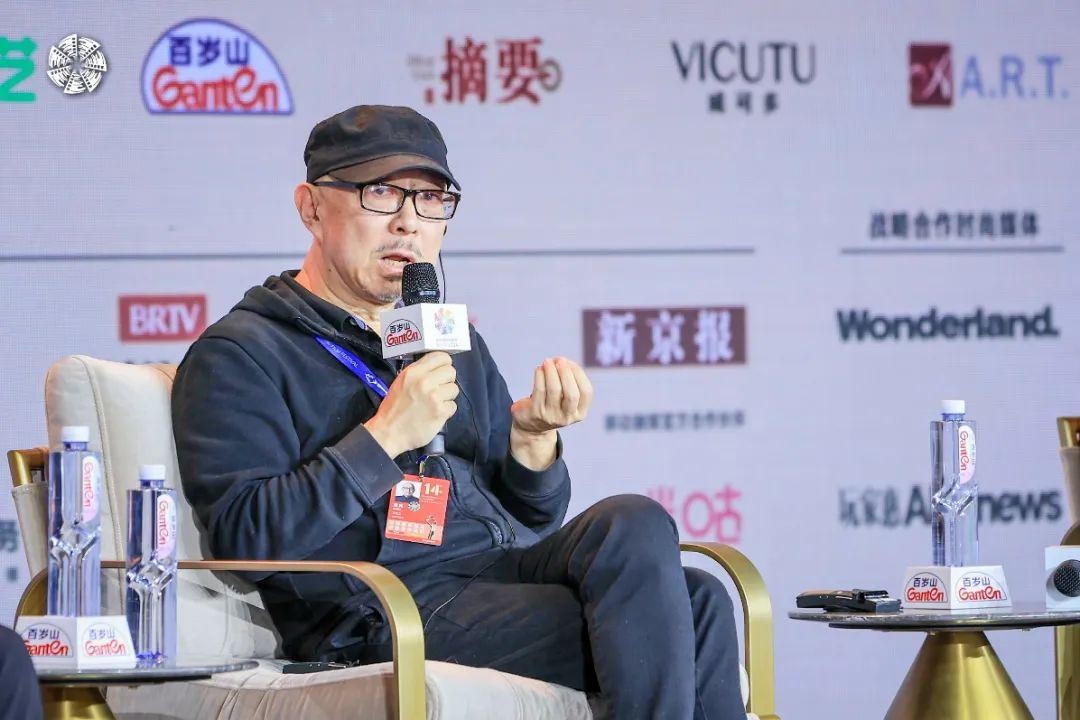
Wang Hongwei
Pan Tianhong indicated that VR shooting fixes certain specific issues, like more detailed command of lighting on the set saves many steps in post-production. But in essence, VR shooting doesn’t reduce costs because it entails the construction of many digital assets, which could be hard for many crews to get ready for prior to shooting. However, VR shooting does have appeals for small film crews. In his view, there will be VR shooting on LED screen and green screen. AI should be able to generate the set for VR shooting in one or two years, and the technology would be more accessible and affordable.
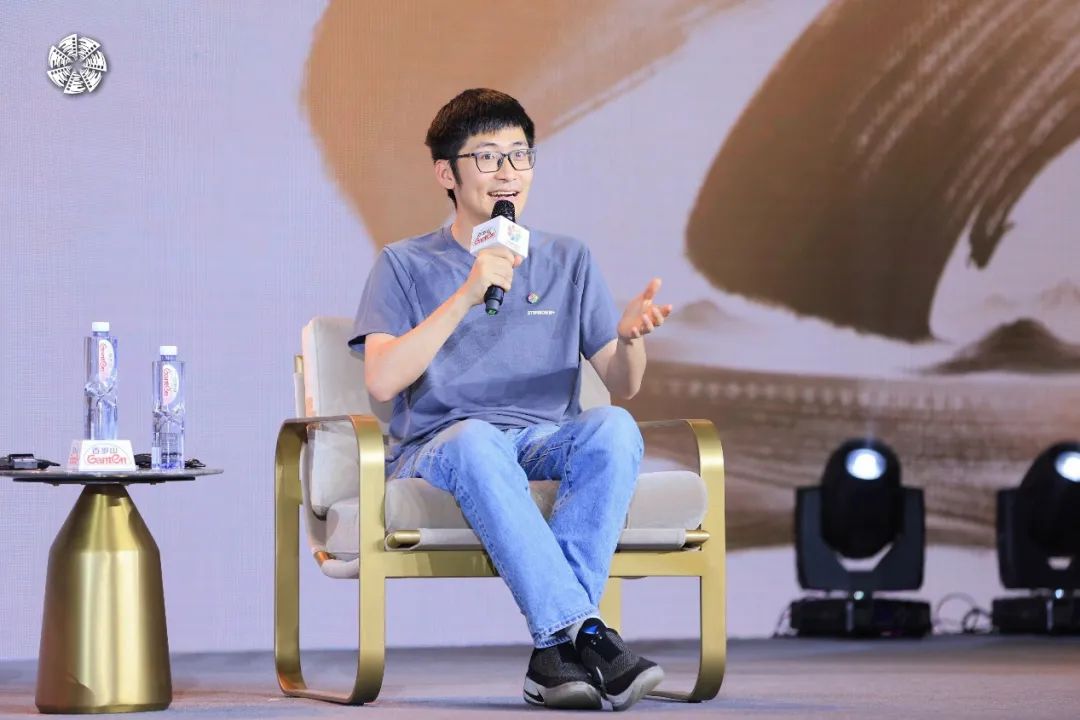
Pan Tianhong (also known as Tim)
Kees Van Oostrum explained that there is no doubt about convenience of VR shooting. It creates more complex and lifelike scenes without location shooting. China takes the lead in VR shooting. But the technology is faced with many challenges in terms of focusing, color balance and lighting. It’s also not a one-for-all solution since the background and foreground in shot are interactive. The background cannot be decided beforehand prior to the start of a character’s acting. “Sometimes, green screen works better for cinematic production.”

Kees Van Oostrum
As a VR shooting professional, Xia Siyu thought that VR shooting was part of virtual production. At present, China tends to utilize it as a tool that advances CG workflow. So the key is not about technological innovation but development and implementation of workflow. In his view, as a new technology, instead of rushing to emphasize its status, VR shooting should allow professionals to use and understand it first.
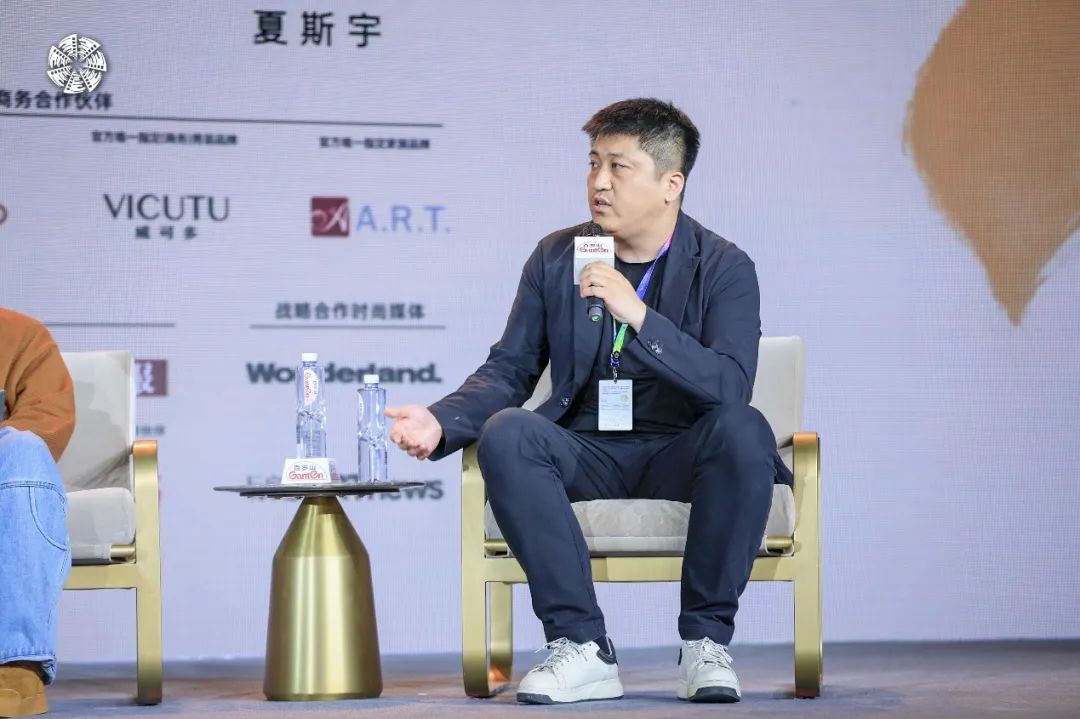
Xia Siyu
▌Cinematic industrialization: What are the new needs and standards?
The film industry has kept upgrading and transformation, and accelerated industrialization in recent years. Topics including awareness of film industrialization, theoretical thinking about aesthetics of film industrialization become popular along with the constantly upgrading film production. Given that we are suddenly faced with soaring AI and its huge impacts, it’s urgent to discuss how the film industry should cope with challenges and keep up in the era of AI.
Tony Reed believed that the film industry is in need of multi-sector interdisciplinary talents. In order to advance the film industry, we should enrich film forms and allow everyone to fully express themselves, provided that filmmakers are able to try new technologies, and find the right pathway out of mistakes.
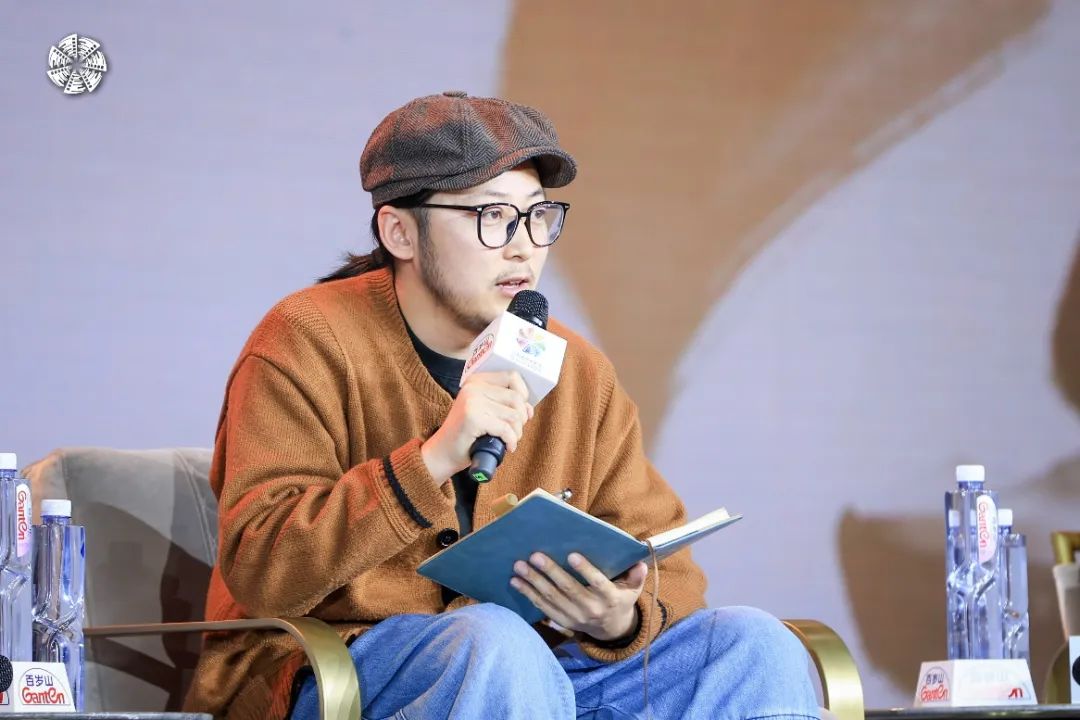
Tony Reed
Ma Ping noted the reason why it’s difficult for China to advance film industrialization lies in views rather than technology. Over the past decade or so, Chinese cinema has been skyrocketing but under constant pressure about restructuring and upgrading. The approach of AI era poses opportunities for the film industrialization and filmmakers in China, allowing us to establish our own hardware standards, industrial systems and art concepts.
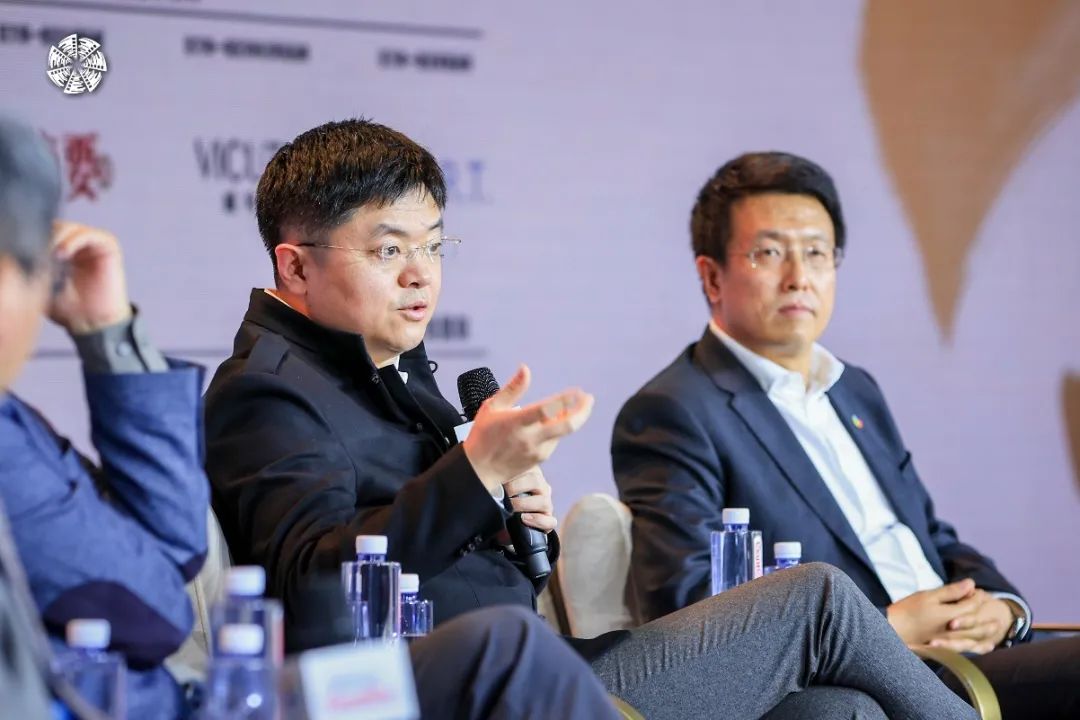
Ma Ping
▌AI: Is it a wolf or a sheep?
AI has brought about all-round impacts, “a ghost of AI is roaming around China”. Given that, we should have thorough discussions and idea exchanges to rein the wild horse in before it's out of control.
According to Yin Hong, all filmmaking technologies are used to reduce costs, increase efficiencies and empower filmmaking, all three of which AI can fulfill at the same time. He mentioned that China produces 800 to 1,000 films every year, 70% to 80% of which requires an investment above RMB10 million. The application of AI is helpful for low-budget films that excel at creativity. “AI sure will reduce costs, increase efficiency and empower filmmaking. But if a film is fully generated automatically one day, cinema dies. Aesthetics that can be replaced by technology doesn’t exist.” In his view, human’s artistic creativity and AI development should be side by side and mutually empowering in future.
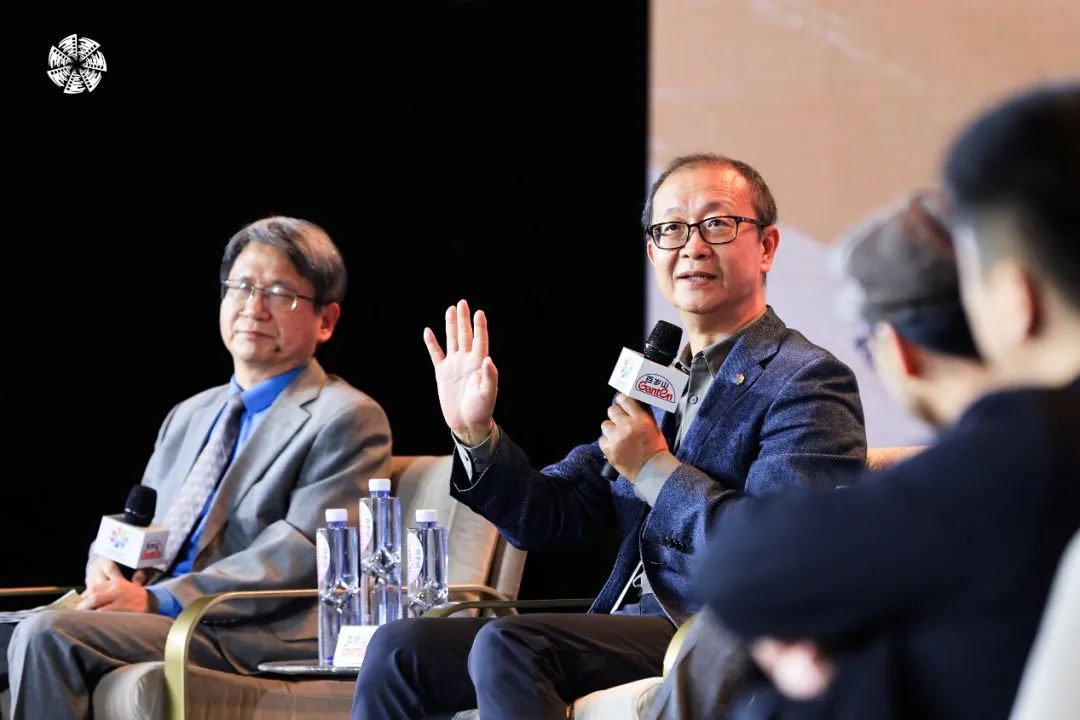
Yin Hong
Huang Tiejun quoted Marx’s saying that human nature is formed by the totality of social relations. The revolutionary progress of AI was made because it understands the position of a single unit in a group of units, and further understands the precise meaning of the unit/symbol. It’s revolutionary. The principle behind it is not complicated, and the difference in the development of AI at home and abroad is a matter of practice and extent of industrialization. He was very confident that China will do better and better in this area. He argued that the lack of subjectivity doesn’t mean AI is not creative. “A revolution of tools enables boundless creativity.”
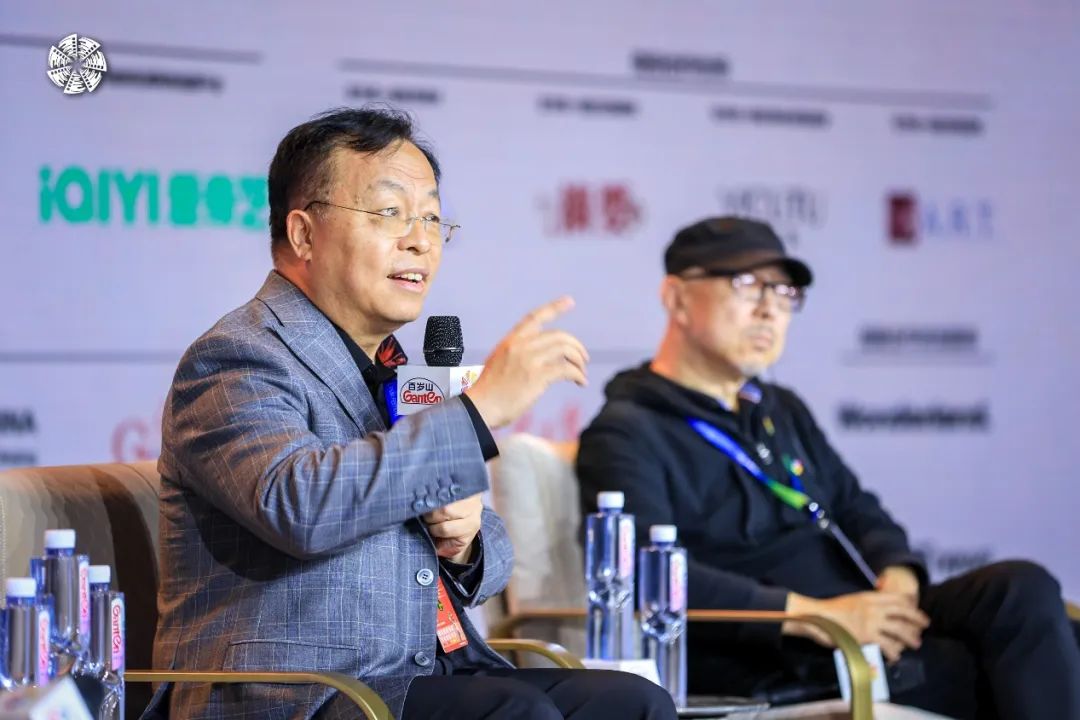
Huang Tiejun
In Tian Feng’s opinion, technological progress will help universalize filmmaking. On the eve of major revolution of the film industry, the majority and ways of filmmaking are about to be changed disruptively. AI being a new force of production, he believed that the technology is able to understand human needs, such as aesthetics, creativity, narrative and emotions, and it would be extremely useful in both real and surreal scenarios. He added, “The film industry is digitally intensive in the era of AI. Data is the currency in future.”
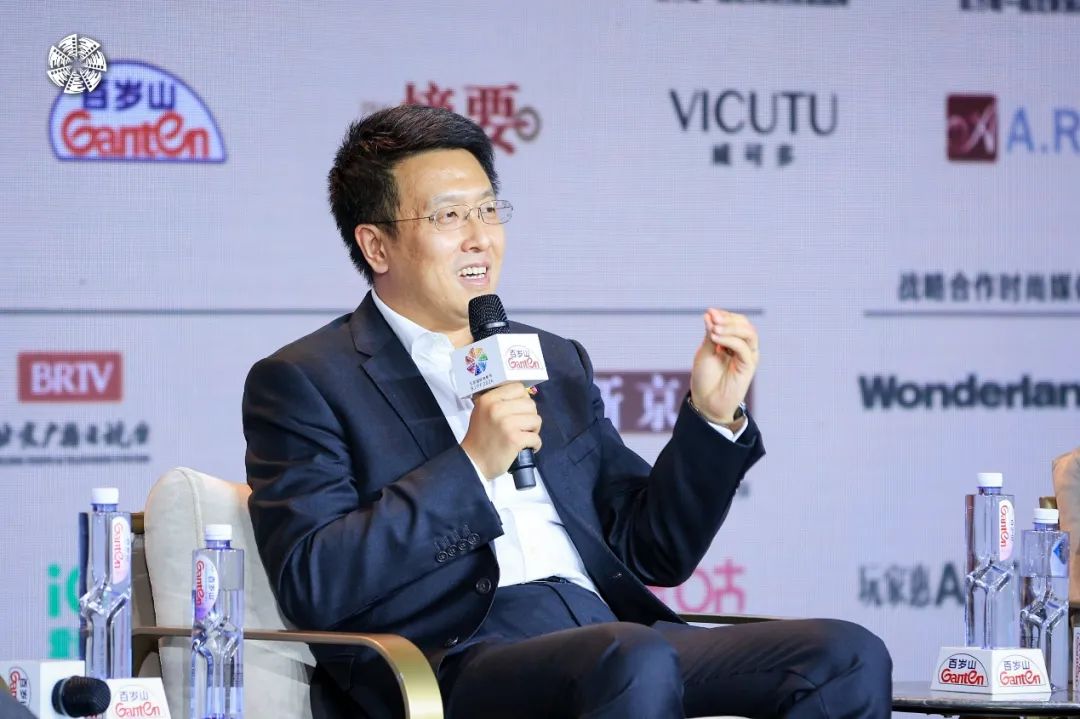
Tian Feng
AI is also concerning for scholars and professionals. Wang Hongwei explained that AI may replace certain human jobs, but it’s a totally different question whether it can be an artist. The auteur and subjectivity of creators should be well maintained. Kees Van Oostrum asked creators to think like creators instead of technological tools. “We won’t stop making films as long as we have questions to ask and answer. AI just has to stroll before dashing.” Yin Hong noted that cinema pays constant attention to the ethical challenges created by AI. The boundaries for human subjectivity should be imposed on AI development. Despite the upgrading of aesthetic level driven by technology, there is always room for auteur and individual aesthetics.
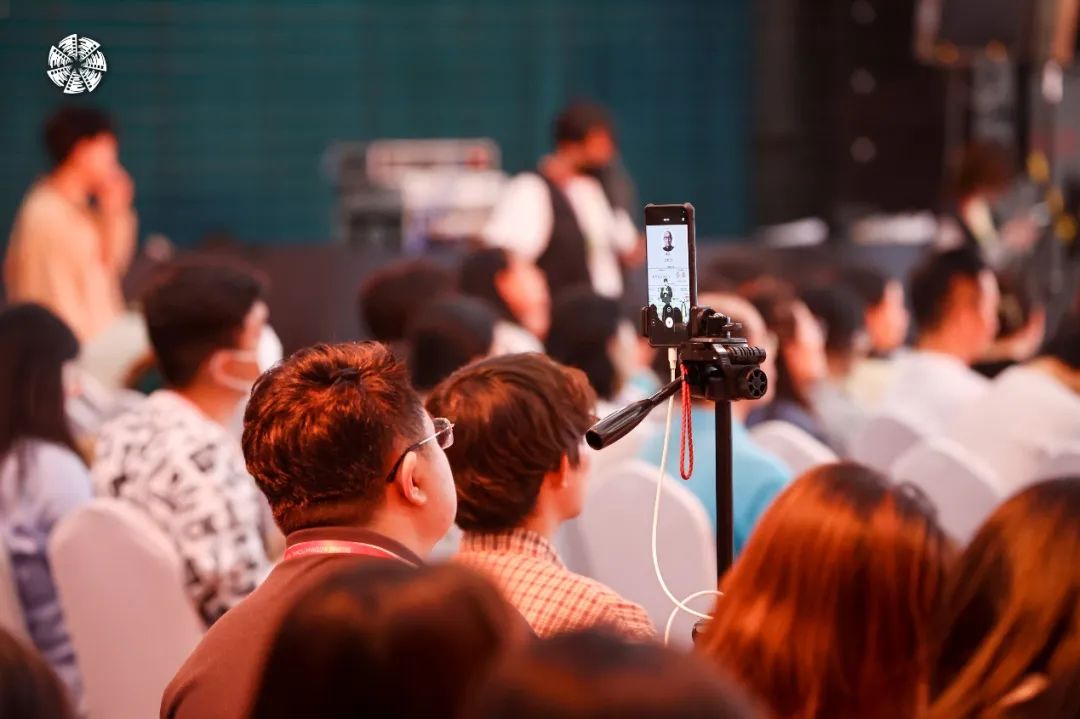
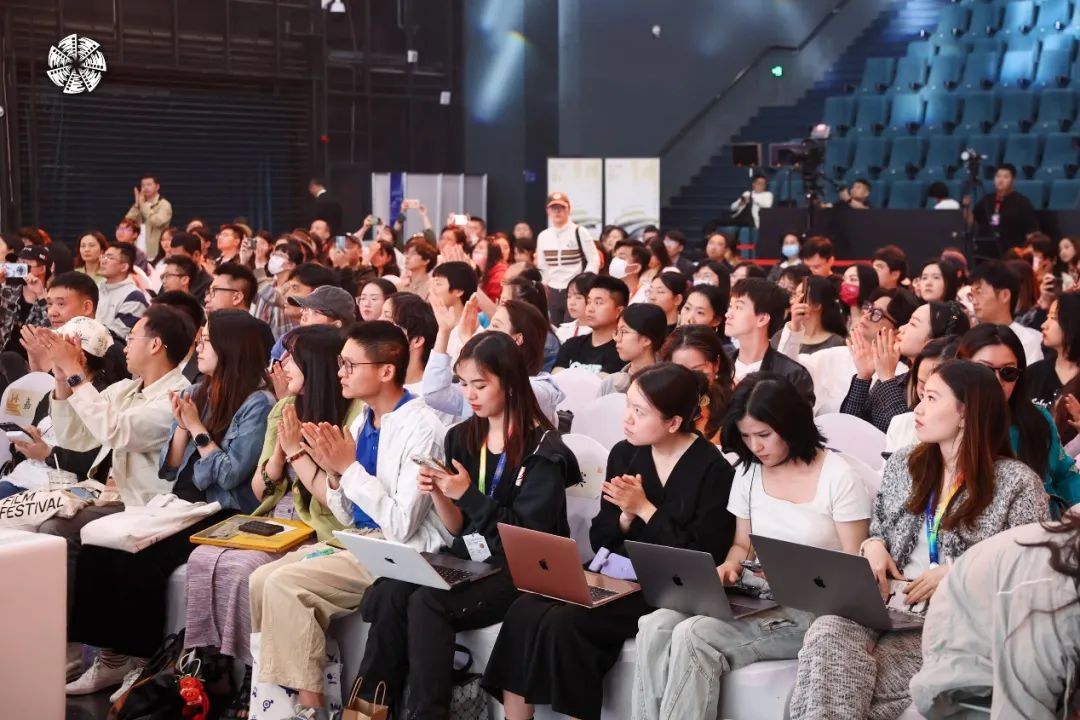
Tech Forum: Empowering Film Production and Development with Digital High-Tech Innovations
Films are the “dream of mankind”, and AI is also the “dream of mankind” being realized. Rather than an open Pandora’s Box, AI is bringing the goddess of beauty Venus back to the world. With a great focus on filmmaking technologies and AI, and thorough discussions, the forum will certainly facilitate and even drive the development of Chinese cinema, AI progress and empowerment of filmmaking, and film studies. “It has begun.” We all are witnesses, participants and practitioners of the new era!
Please download the Beijing International Film Festival APP for more interesting content

